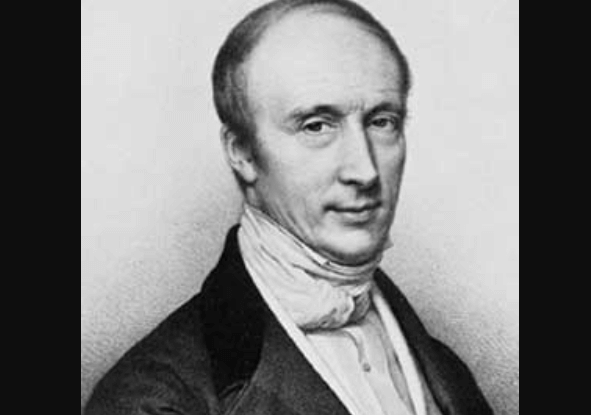Explore the life and contributions of Augustin Louis Cauchy (1789-1857), the influential French mathematician and physicist who laid the foundations for the theory of functions of a complex variable. Born in Paris, Cauchy’s early education and engineering background set the stage for his remarkable career in science.

Source: wikipedia.org
Augustin Louis Cauchy; (1789 – 1857), French mathematician and physicist, who was the founder of the theory of functions of a complex variable. Born at Paris on Aug. 21, 1789, Cauchy received his early education from his father, a devout Catholic and a government official before the French Revolution. He then concentrated on science, graduating from the École Polytechnique in 1807, studying at the École des Ponts et Chaussées for three years, and serving as an engineer for another three years. After 1813 he devoted himself to teaching and research in mathematics and science. By 1815 he had already established his reputation by proving a famous conjecture of Fermât on figurate numbers, a proof which had eluded mathematicians for more than a century. In 1816 he unashamedly accepted the chair of geometry left vacant by the politically inspired ouster of Gaspard Monge from the Académie des Sciences.
From 1816 to 1830, Cauchy published numerous papers and books in mathematics. Three of these—Cours d’analyse ( 1821 ), Résumé des leçons sur le calcul infinitésimal ( 1823 ), and Leçons sur le calcul différentiel ( 1829)—reformed and established the calculus on a rigorous foundation. The limit concept and the definition of continuous functions introduced by Cauchy may still be found in modern texts on the calculus. In Sur l’application du calcul de résidus (1827) he founded the theory of functions of a complex variable. This memoir contains Cauchy’s discoveries on integrals with complex number limits and also the well-known “Cauchy integral theorem,” which is the core of complex variable analysis.
In 1830, Cauchy followed King Charles X into exile after the July Revolution, and he was called to tutor Charles’ son in 1833. He returned to France in 1838, but still believing in the legitimate monarchy, he refused to take the oath of loyalty to the government. Nevertheless, through special dispensation, he was named to the chair of astronomy at the Sorbonne, a post he held until his death at Sceaux on May 23, 1857. During his career Cauchy wrote over 700 memoirs on such topics as the wave theory of light, hydrodynamics, planetary motions, theory of numbers, and differential equations.